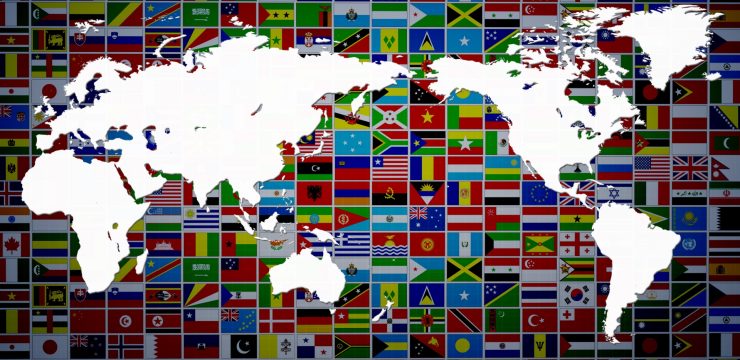The concept of “translation” hebrew to english and “localization” of an Internet resource is mistakenly identified by many non-specialists with each other and used as synonyms. However, despite the general similarity of concepts, in fact they are different processes, although each of them cannot do without a translator.
Definition of concepts
First, let’s look at the definitions of the terms “translation” and “localization”. Understanding the difference between them will help to understand the ongoing processes, which will affect the efficiency of both the translator and the specialist in creating Internet resources.
Each of the terms mentioned above means the following:
Translation is the process of changing information on the pages of an Internet resource from the original version to a version for a specific language. We can talk about text articles, video images, pictures, attached documents, and so on. The translation is carried out by replacing foreign words with Russian ones.
Localization is a broader and more specialized process. In this case, not a simple translation is made, but the adaptation of the resource to the national characteristics of a particular country (in our case, Russia).
Adaptation and improvement of content
In the process of standard site translation, the problem of adequate perception of the information presented often arises. Especially when computer programs are used for translation, and the results are not subjected to final editing. But even in the case when an inexperienced translator translates the text on his own, cultural and technical differences may arise that prevent visitors from a particular region from using the site.
The quality of a site depends not only on the quality of the translation. For a normal perception of the resource, it is localization that is important. We are talking about adapting the resource to the cultural, linguistic and functional characteristics of potential visitors.
Cultural and functional content requirements
The requirements that are important to consider when localizing a site depend on the region, country, audience, and specialization of the resource itself. It is difficult to single out any specific requirements in isolation from specific examples. However, experts focus on two broad categories of content:
Cultural. Here it is important to take into account country-specific colors, icons, shapes, local humor, religious characteristics, etiquette rules, the legal system, views on social relations, and so on. For example, some types of images cannot be used on sites intended to be displayed on the territory of Muslim states.
Functional. When localizing a site, image formats of dates, phone numbers, weight, geographical names, and so on are subject to adaptation. It is also important to take into account country-specific product description formats and other important factors.
Translation and localization of websites with the help of translators on the translation exchange
Any Internet site consists of several types of information. This can be entertainment content, legal and economic data, or specialized articles – medical, technical, and so on.
One particular translator will not be able to cope with the translation of all content. Not to mention the localization of the resource. The process must be divided into subtasks and entrusted with their implementation to specific, highly specialized specialists.
It is best to select the necessary staff for permanent or one-time work at the translators’ exchange. In this case, you get a wide choice of specialists whose qualifications are confirmed, and the legitimacy of relationships with each other is guaranteed by the administration.







